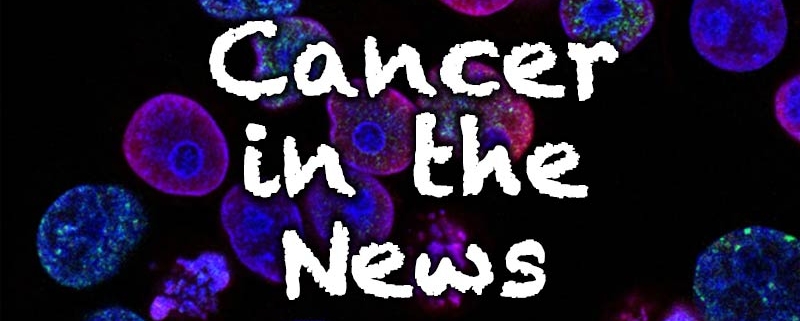Breast Cancer Receptors explained, new HER 2+ treatments, alcohol, and aspirin
21st Issue: Contents
Estrogen Receptors & HER2/neu Receptors in Breast Cancer
New Options for Metastatic HER2-Positive Breast Cancer
Women More Likely to Experience Severe Toxicity of Cancer Treatments
Most Americans Unaware Alcohol Can Cause Cancer
Aspirin Fails to Inhibit Breast Cancer Recurrence
Estrogen Receptors & HER2/neu Receptors in Breast Cancer
Educational video, visual explanation
“WATCH as Dr. Oster explains in detail how these receptors work, where they are found, how they influence a breast cell towards abnormal behavior and growth, and then provides a summary of the drugs that are used in ER+ and HER2+ breast cancer cases.”
And my two cents: This is an excellent simplified explanation of confusing topics. We have all wondered and been been confused about this in our journey to understand our diagnosis.
New Options for Metastatic HER2-Positive Breast Cancer
Video, roundtable discussion
“Researchers present updates from two phase III trials — PHOEBE and DESTINY-Breast03 — that could change the treatment landscape for patients with metastatic HER2-positive breast cancer.”
And my two cents: Most of us HER-2+ followers have heard about the Destiny/Enhertu over Kadcyla results. But the Phoebe and the Pyrotinib results are new, not as well-known, and potentially game-changing.
Women More Likely to Experience Severe Toxicity of Cancer Treatments
“Women had a 34% increased risk of severe Adverse Event. Also, an increased risk was particularly pronounced among those receiving immunotherapy.”
And my two cents: Well, of course (says the cynical me).
Most Americans Unaware Alcohol Can Cause Cancer
“Alcohol is a leading modifiable risk factor for cancer yet most Americans are unaware that alcohol increases cancer risk,”
And my two cents: I post about this enough, so I’m sure you are aware.
Aspirin Fails to Inhibit Breast Cancer Recurrence
“Aspirin use failed to reduce recurrence rates among women with breast cancer. The aspirin group actually had greater risk of recurrence, though the result did not reach statistical significance. Aspirin has proven effective in reducing recurrence rates in colon cancer.”
And my two cents: good to know. It never did make sense to me that it would work, b ut I kept hearing about it.
Cancer in the News has a posting frequency of once every one to two months.


